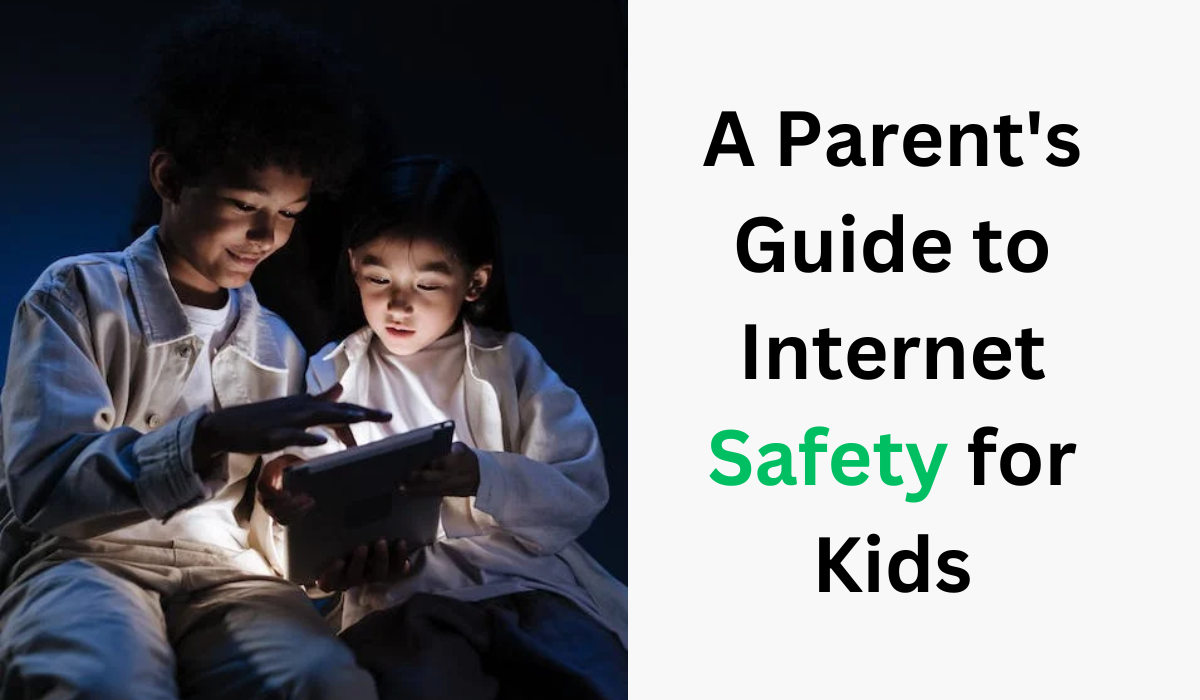Internet trends for kids constantly evolve as technology advances.These internet trends become more integrated into our daily lives. Some popular trends among kids include online gaming, social media, YouTube videos, and streaming services. Additionally, there is a growing interest in educational apps and websites designed to help children learn and develop skills in a fun and engaging way.
Importance Of Internet Safety For Kids In Today’s Digital Age
As a responsible adult, educating kids about internet safety in today’s digital age is crucial. With the increasing use of technology and the internet, children are exposed to a wide range of online content, which could potentially be harmful to them. It is essential to teach kids about the possible dangers of the internet and the importance of being cautious while using it.
One way to ensure internet safety is by using Web History Tracker. This tool helps parents monitor their children’s online activities and keep track of the websites they visit. It provides an added layer of protection against cyberbullying, inappropriate content, and other online threats.
Dangers of Internet Use for Kids
The internet can be an outstanding resource for learning, entertainment, and socializing, but it can also expose children to cyberbullying, inappropriate content, and online predators. It’s crucial to monitor your child’s internet activity and set appropriate boundaries and guidelines to keep them safe online.
Cyberbullying
Cyberbullying is one of the biggest dangers of internet use for kids. With the widespread use of social media and messaging apps, it has become easier for bullies to target and harass their victims online. The anonymity of the internet makes it easier for bullies to hide their identities and say hurtful things without consequences. Cyberbullying can have severe consequences for a child’s mental health and self-esteem.
Cyber Predators
Cyber predators, including social media, chat rooms, and gaming websites, can be found online. They often pretend to be someone else and use false identities to lure children into engaging them in conversations. They may also offer gifts, money, or other incentives to gain the child’s trust and create a sense of dependency.The dangers of cyber predators are not to be underestimated. They can have a long-lasting impact on a child’s emotional and psychological well-being, leading to anxiety, depression, and even suicide.
Posting Private Information
Posting private information online can pose significant dangers for children. The internet has become an increasingly popular platform for socializing and sharing information. It has also become a space where strangers can easily access personal information. Children may not fully understand the consequences of sharing private information online, such as their full name, address, phone number, or other sensitive data.
Falling for Scams
Children can be especially vulnerable to online scams owing to their lack of experience and knowledge, and scammers often use tactics designed to appeal to their curiosity and trust. If kids fall for these scams, they could unwittingly give away sensitive information such as their name, address, and credit card details.
Accidentally Downloading Malware
Accidentally downloading malware can be a severe internet danger for kids. It’s easy for children to click on pop-ups, download free games or apps from untrustworthy sources, or open suspicious emails without understanding the potential consequences. Malware can cause harm by stealing personal information, damaging files, or even taking control of a device.
What Parents Can Do to Keep Their Kids Safe Online
As a parent, you can keep your kids safe online by setting screen time limits, using parental controls, monitoring their online activity, educating them about online safety, and encouraging them to talk to you about any concerns they may have.
Monitor Their Internet Activity
To keep kids safe online, monitoring their internet activity is essential. It can help ensure they are not exposed to harmful content or online predators. Parents can use parental control software or keep the computer in a typical home area to monitor usage.
Check Your Child’s Browser History Frequently
Regularly checking your child’s browser history is an excellent way to ensure their online safety. It will enable parents to understand what their children are engaging with and take necessary actions to protect them.
Use Security Software Or Tools
Monitoring tools allow you to keep track of your kids’ online activity while reporting features can send you alerts if your children encounter any potential risks online. Popular security software and tools designed specifically for kids include TiSPY. Researching and choosing a tool that best fits your family’s needs and values is essential.
Know Your Children’s Passwords
As a parent, it is essential to maintain a safe online environment for your children. One way to do this is by knowing their passwords. It can help you monitor their online activity and prevent them from accessing inappropriate content.
Watch For Changes In Your Child’s Behavior
It’s essential to watch for changes in your child’s behavior to keep them safe online. Awareness of sudden changes in their mood or habits can help you identify potential issues and take steps to protect them.
Educate Your Kids About Inappropriate Websites Or App
Parents need to educate kids about inappropriate websites or apps to keep kids safe online. It can be done by setting clear rules and guidelines, monitoring their online activities, and teaching them to avoid sharing personal information with strangers.
How Can TiSPY Help in Internet Safety of Kids?
As a parent, you can use TiSPY to ensure your child’s internet safety. This app allows you to monitor your child’s online activity, including browsing history, social media use, and text messages. You can also set limits on screen time and block inappropriate content. Additionally, the app sends you alerts when your child accesses potentially harmful sites or communicates with strangers. With TiSPY, you can know that your child is safe while using the internet.
